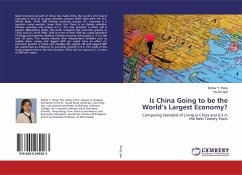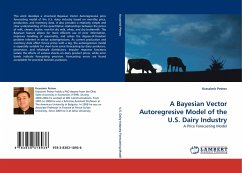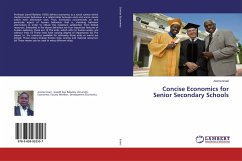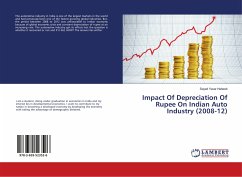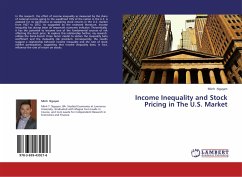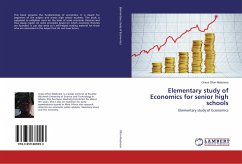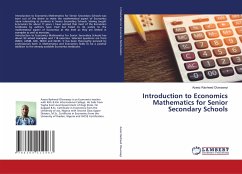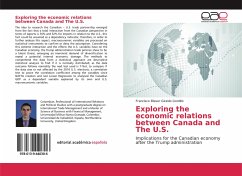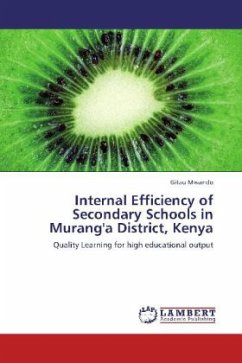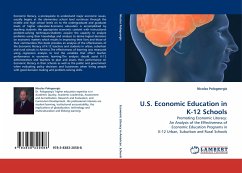
U.S. Economic Education in K-12 Schools
Promoting Economic Literacy: An Analysis of the Effectiveness of Economic Education Programs in K-12 Urban, Suburban and Rural Schools
Versandkostenfrei!
Versandfertig in 6-10 Tagen
45,99 €
inkl. MwSt.

PAYBACK Punkte
23 °P sammeln!
Economic literacy, a prerequisite to understand major economic issues, usually begins at the elementary school level continues through the middle and high school levels on to the undergraduate and graduate levels of higher education.Economic education is accomplished by teaching students the appropriate economic content with instructional problem-solving techniques.Students acquire the capacity to analyze problems using their knowledge and analysis to derive logical decisions on economic matters which results in improving their lives and those of their communities.This book provides an analysi...
Economic literacy, a prerequisite to understand major economic issues, usually begins at the elementary school level continues through the middle and high school levels on to the undergraduate and graduate levels of higher education.Economic education is accomplished by teaching students the appropriate economic content with instructional problem-solving techniques.Students acquire the capacity to analyze problems using their knowledge and analysis to derive logical decisions on economic matters which results in improving their lives and those of their communities.This book provides an analysis of the effectiveness of the Economic literacy of K-12 teachers and students in urban, suburban and rural schools in America.The effectiveness of learning was measured using regression analysis to test the variables that affect teacher performance in economic learning.The analysis should assist K-12 administrators and teachers to plan and assess their performance on Economic literacy in their schools as well as the public and government when evaluating policy decisions and businesses when hiring people with good decision-making and problem-solving skills.



